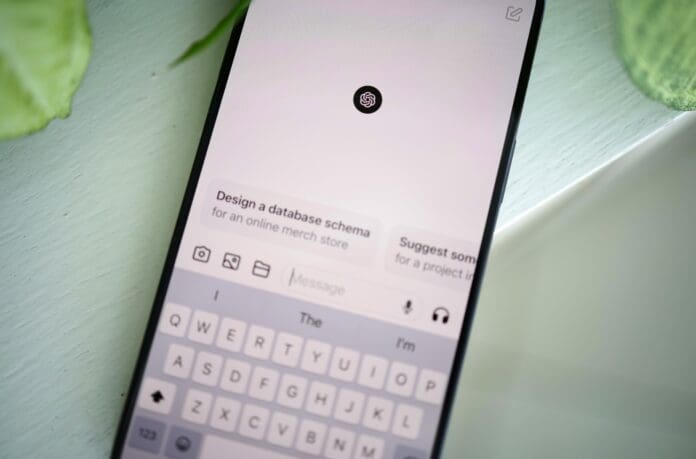This post is also available in:
 עברית (Hebrew)
עברית (Hebrew)
A recent discovery has raised substantial privacy concerns for users of ChatGPT: conversations shared using OpenAI’s “shared link” feature have been appearing in public Google search results. Originally designed to allow users to share useful AI-generated content with others, the feature is now at the center of a growing online discussion about data exposure.
The shared links create a static, read-only version of a ChatGPT conversation, hosted on OpenAI’s servers. While the feature requires users to opt in—by actively creating a link and optionally ticking a box to make it “discoverable”—many appear unaware of the visibility risks. Once shared on social platforms or websites, these links can be indexed by search engines like Google, making them accessible to anyone who knows how to search for them.
Users have found a wide range of conversations through simple site-specific searches, including personal messages, job applications containing full names and contact details, and even discussions involving potentially dangerous or illegal topics. Some shared conversations also include photos, voice recordings, and references to home addresses or family members.
Researchers and users on platforms like Reddit have voiced concern that this content, while voluntarily shared, was likely never intended to be widely accessible. In some cases, people attempting to warn those affected have been met with confusion or hostility.
In response, OpenAI has confirmed it is deprecating the feature. According to a statement posted by the company’s Chief Information Security Officer, the feature will be removed from the ChatGPT app.
Importantly, deleting a conversation from your ChatGPT account does not remove the public shared page. Users must manually delete each shared link via ChatGPT settings under “Data Controls” > “Shared Links.” Even after deletion, it may take time for search engines to remove the content from results.
Until the issue is fully resolved, users are advised to review any previously shared links and delete those they no longer wish to remain public. Disabling link sharing entirely and avoiding the inclusion of personal details in chats remain the most effective ways to protect privacy.


























